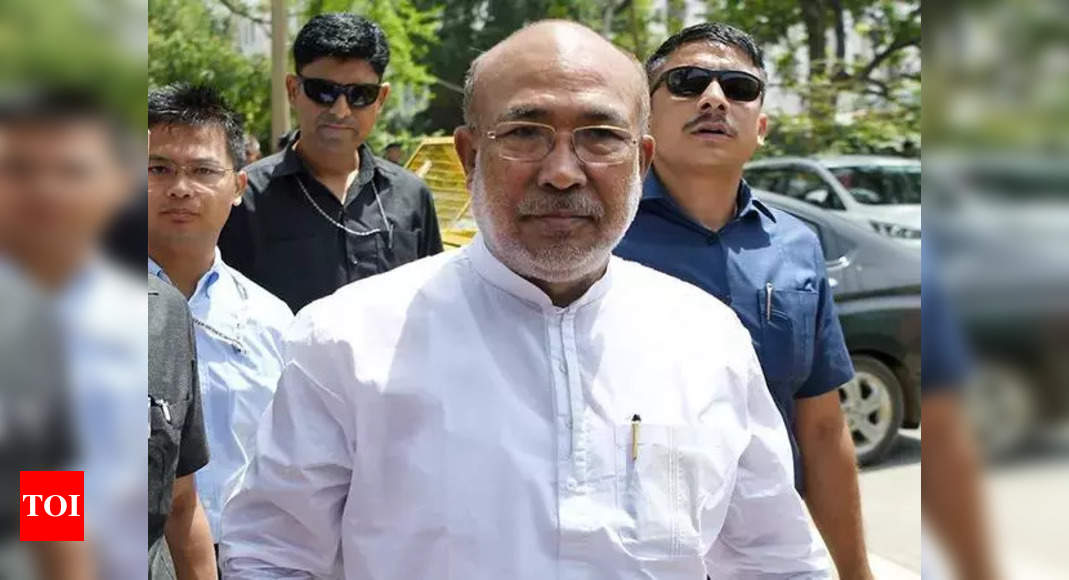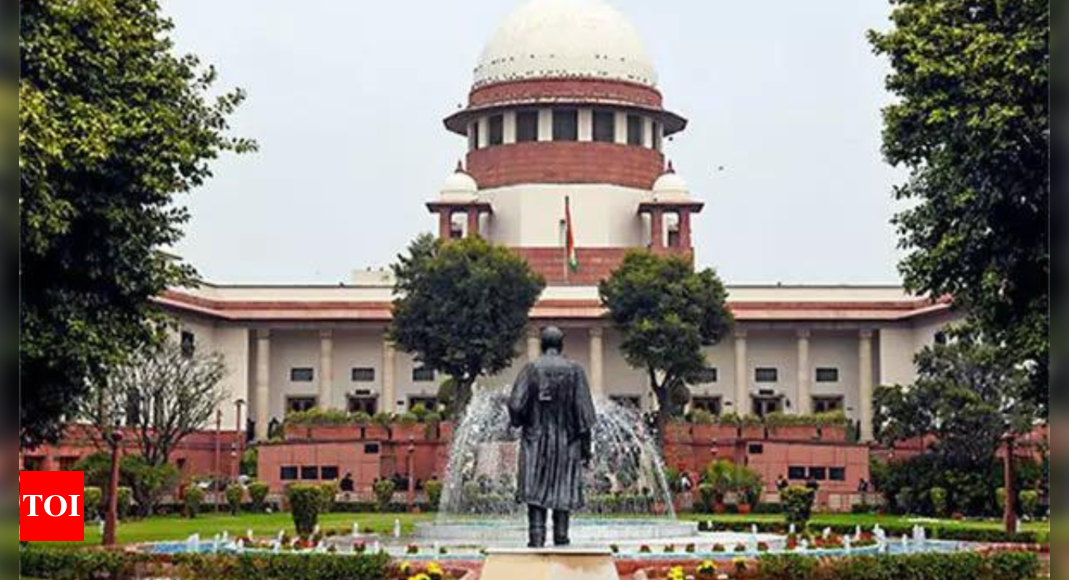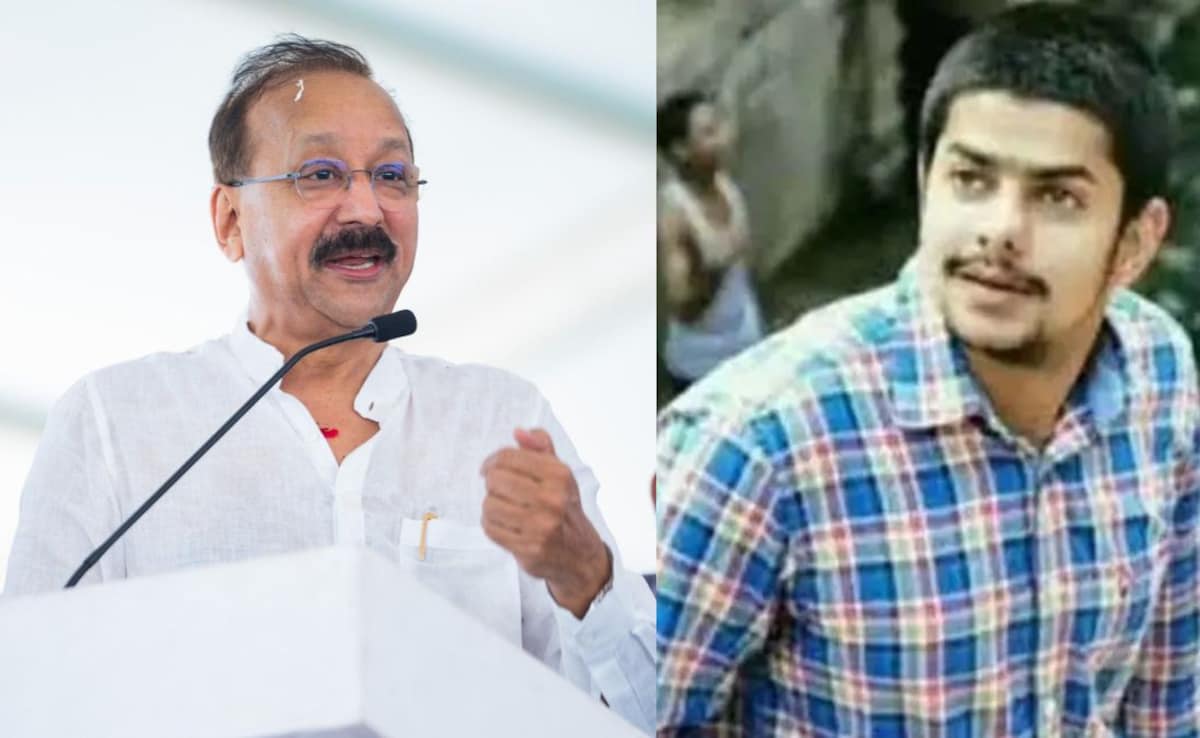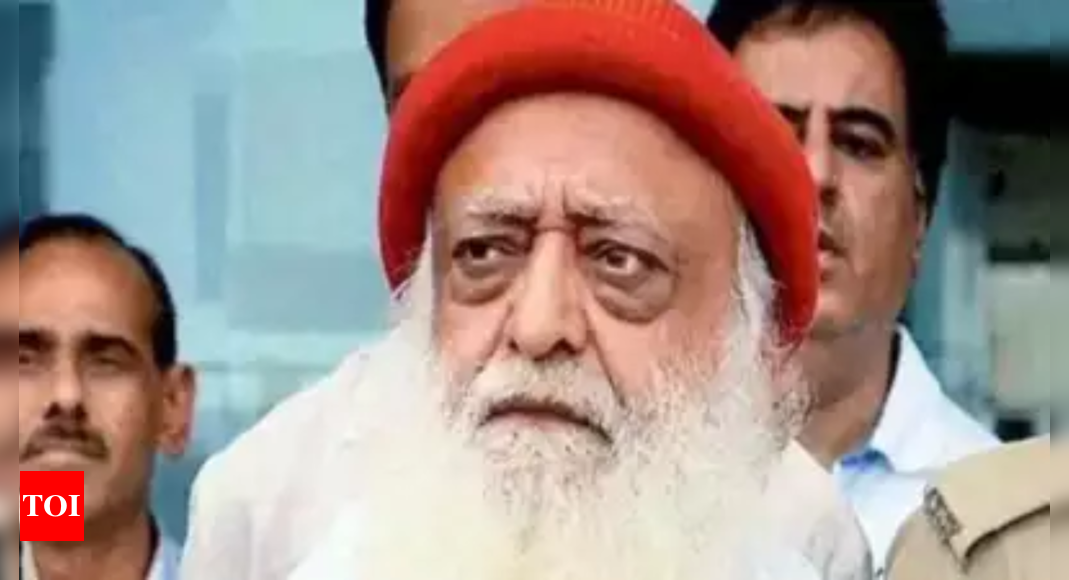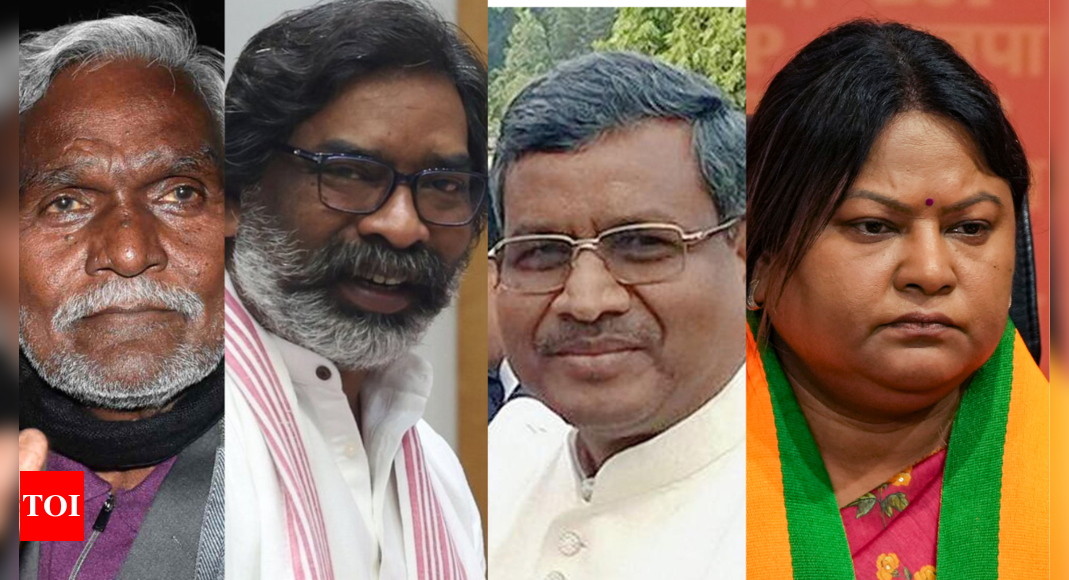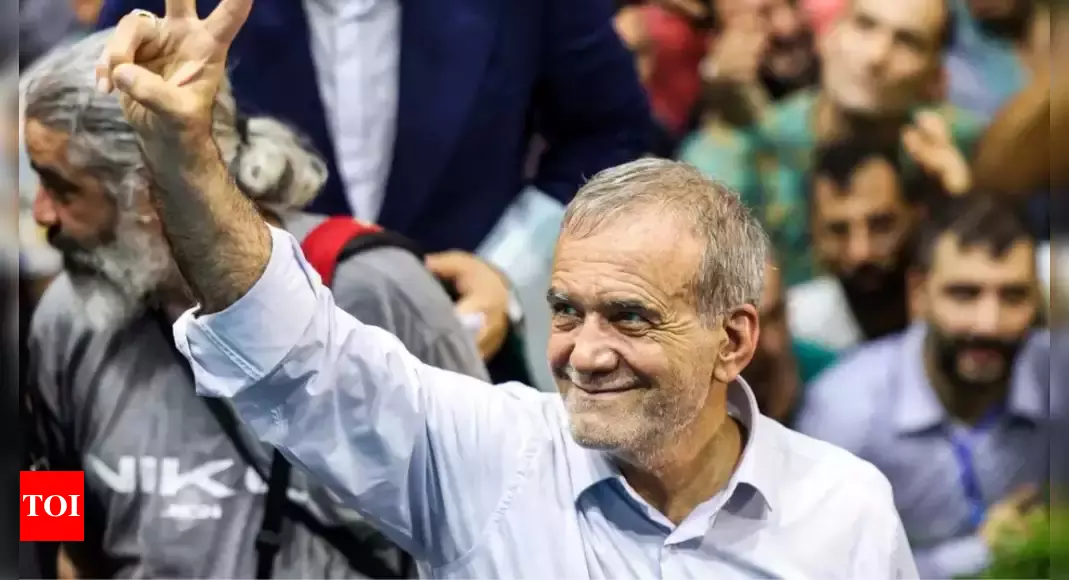
Reformist candidate and heart surgeon Masoud Pezeshkian emerged victorious in Iran’s presidential runoff elections. His campaign promises included engaging with Western nations and easing the enforcement of Iran’s mandatory headscarf law. Pezeshkian’s rival, the hard-liner Saeed Jalili, was unsuccessful in his bid for the presidency.
The election saw a turnout of around 30 million voters, with Pezeshkian securing over 17 million votes and Jalili receiving more than 13 million votes, according to Iran’s election authority.
Who is Masoud Pezeshkian?
Born in Iran’s Mahabad on September 29, 1954, Pezeshkian’s diverse ethnic background shaped his appreciation for Iran’s cultural tapestry. After his military service in the Iran-Iraq War, he pursued a career as a renowned heart surgeon and later assumed leadership at Tabriz University of Medical Sciences.
Pezeshkian’s life took a tragic turn in 1994 when a car accident took the lives of his wife, Fatemeh Majidi, and one of his daughters. This event marked his entry into politics, where he served as deputy health minister and later as health minister under President Mohammad Khatami.Throughout his political career, Pezeshkian has sought to balance his reformist ideals with the constraints of Iran’s theocratic system.
Stand on Iran’s controversial Hijab law
Following the death of Mahsa Amini in 2022, Pezeshkian openly criticized the incident, saying, “It is unacceptable in the Islamic Republic to arrest a girl for her hijab and then hand over her dead body to her family.”
During a television debate, he addressed the government’s shortcomings, saying, “We are losing our backing in the society because of our behaviour, high prices, our treatment of girls and because we censor the internet. People are discontent with us because of our behaviour.”
Low voter turnouts
The June 28, 2024, presidential election, which saw Pezeshkian facing hard-line former nuclear negotiator Saeed Jalili in a runoff, was marked by the lowest turnout in Iran’s history. Pezeshkian’s campaign, supported by moderate and reformist figures, advocated for improved relations with the West, a return to the nuclear accord, and a more lenient approach to the hijab law. Despite his efforts, voter turnout remained low, with many Iranians expressing disillusionment with the governing system.
Pezeshkian acknowledged this sentiment during his final debate with Jalili, saying, “With all the noisy arguments between me and him, only 40 percent (of eligible voters) voted. Sixty percent don’t accept us. So people have issues with us.”
Throughout his campaign, he refrained from promising radical changes to Iran’s Shiite theocracy and consistently recognized Supreme Leader Ayatollah Ali Khamenei as the ultimate authority in state matters.
The elections took place in the wake of President Ebrahim Raisi’s death in a helicopter accident in May. Raisi, widely regarded as a close confidant and mentee of Khamenei, was believed to be a potential successor to the supreme leader position. However, his legacy was tarnished by his involvement in the 1988 mass executions in Iran and his role in the violent suppression of protests following Mahsa Amini’s death in 2022.
The election saw a turnout of around 30 million voters, with Pezeshkian securing over 17 million votes and Jalili receiving more than 13 million votes, according to Iran’s election authority.
Who is Masoud Pezeshkian?
Born in Iran’s Mahabad on September 29, 1954, Pezeshkian’s diverse ethnic background shaped his appreciation for Iran’s cultural tapestry. After his military service in the Iran-Iraq War, he pursued a career as a renowned heart surgeon and later assumed leadership at Tabriz University of Medical Sciences.
Pezeshkian’s life took a tragic turn in 1994 when a car accident took the lives of his wife, Fatemeh Majidi, and one of his daughters. This event marked his entry into politics, where he served as deputy health minister and later as health minister under President Mohammad Khatami.Throughout his political career, Pezeshkian has sought to balance his reformist ideals with the constraints of Iran’s theocratic system.
Stand on Iran’s controversial Hijab law
Following the death of Mahsa Amini in 2022, Pezeshkian openly criticized the incident, saying, “It is unacceptable in the Islamic Republic to arrest a girl for her hijab and then hand over her dead body to her family.”
During a television debate, he addressed the government’s shortcomings, saying, “We are losing our backing in the society because of our behaviour, high prices, our treatment of girls and because we censor the internet. People are discontent with us because of our behaviour.”
Low voter turnouts
The June 28, 2024, presidential election, which saw Pezeshkian facing hard-line former nuclear negotiator Saeed Jalili in a runoff, was marked by the lowest turnout in Iran’s history. Pezeshkian’s campaign, supported by moderate and reformist figures, advocated for improved relations with the West, a return to the nuclear accord, and a more lenient approach to the hijab law. Despite his efforts, voter turnout remained low, with many Iranians expressing disillusionment with the governing system.
Pezeshkian acknowledged this sentiment during his final debate with Jalili, saying, “With all the noisy arguments between me and him, only 40 percent (of eligible voters) voted. Sixty percent don’t accept us. So people have issues with us.”
Throughout his campaign, he refrained from promising radical changes to Iran’s Shiite theocracy and consistently recognized Supreme Leader Ayatollah Ali Khamenei as the ultimate authority in state matters.
The elections took place in the wake of President Ebrahim Raisi’s death in a helicopter accident in May. Raisi, widely regarded as a close confidant and mentee of Khamenei, was believed to be a potential successor to the supreme leader position. However, his legacy was tarnished by his involvement in the 1988 mass executions in Iran and his role in the violent suppression of protests following Mahsa Amini’s death in 2022.




